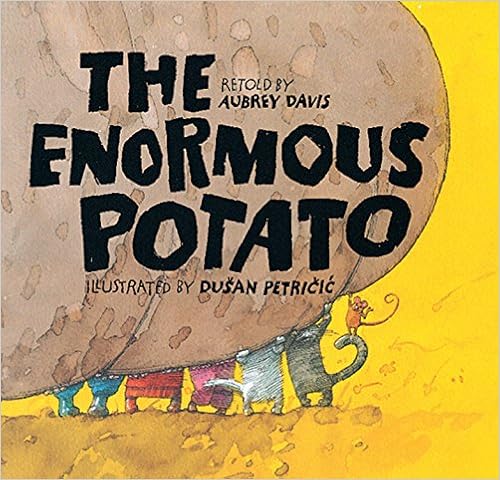Cooperation is easy to talk about, but it's tough to actually SHOW kids why it's important. I can read countless amazing books about cooperation, but it just doesn't seem to stick the way I want it to. Have you guys ever experienced that? Now, I still recommend reading those books... but I also recommend having the kids participate in an activity that makes them apply that knowledge in a meaningful way.
So here's what I love to do... it's really simple. I'll break down the lesson plan for you in bullet-form.
Here are some good ones:


As a class, discuss what cooperation means and how one might show it.
2. Introduce the picture challenge.
Break students into groups for 4 to 6. Tell the kids that their job is to draw a picture. They must first plan what they will draw and then draw it. Here's the catch: each child can only use one crayon! If I start with purple, I can only color with purple. Make sure the kids understand they need to draw a picture of something and not simply a design. For that reason, I suggest giving the kids 1 or 2 minutes to plan what they'll draw first.
3. Give kids 10-15 minutes of work time.
You won't need more than this to get the point across. If kids start to disagree and ask for your help, try to stay out of it. You might say something like, "How can you use cooperation to solve this problem?" or "How can you follow our rule 'Take care of everyone' and solve your problem?" The most important thing is that kids need to get through the struggle on their own. Some might not, and that's OK.
4. Reflect.
Gather the class together. Display the pictures where they can all be seen, and reflect on what happened. What was successful? What was challenging? What did the kids learn? How might they use teamwork more effectively next time? What types of compromises does one need to make to be on a team?
I find this to be a really powerful lesson for my kids, and I do it every year. Sometimes I do it at the beginning of the year, but it's also a great way to close off the year. It's easy to forget about the classroom communities we've worked so hard to build in those last few weeks, but it's more important than ever to peacefully transition to the next year!
What are your favorite books that help you teach cooperation? Comment below!


Reflection is key! When I taught fourth grade I called that piece 'debrief', this is where we would come back together after an activity. Discuss the successes, explain issues that arose, describe ways to improve for next time.
ReplyDeleteI couldn't agree more. I feel like it's easy to leave the step out, but it's so powerful when you leave it in!
Delete